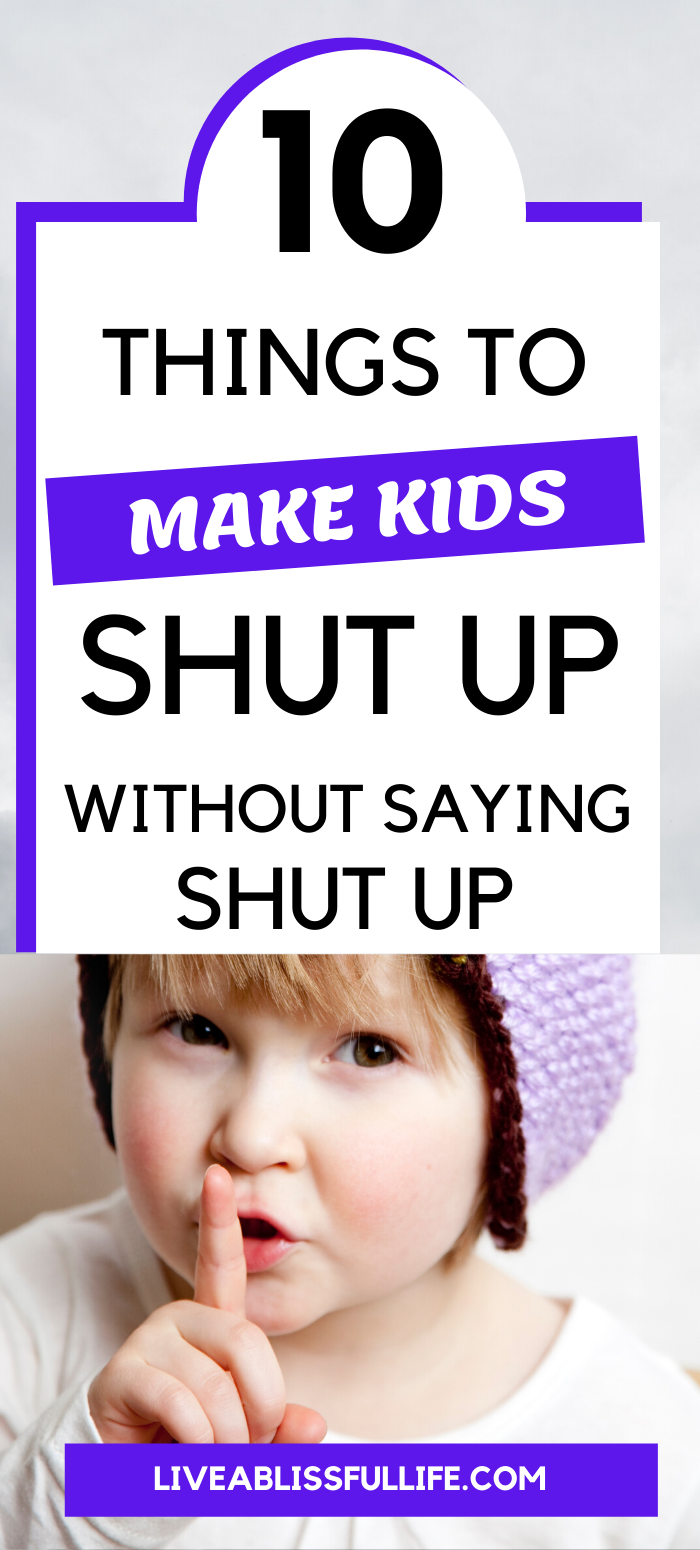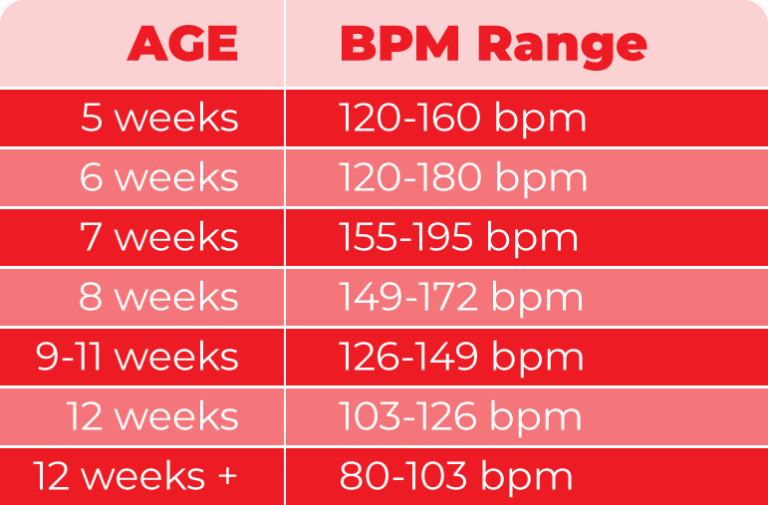How To Get A Baby To Shut Up: A Parent’s Guide
As a parent, it’s natural to feel overwhelmed when your baby won’t stop crying. It can be frustrating and exhausting, but it’s important to remember that crying is your baby’s way of communicating with you. In this article, we will discuss some effective strategies on how to get a baby to shut up, while maintaining a calm and patient demeanor.
Knowledge
When your baby won’t stop crying, it’s crucial to first check for any basic needs that may be causing the distress. Is your baby hungry, tired, or in need of a diaper change? Addressing these fundamental needs is the first step in calming your baby down.
One effective way to soothe a crying baby is through gentle rocking or swaying motions. The rhythmic movement can help calm your baby and provide a sense of security. You can also try using a pacifier or offering a clean, soft blanket for added comfort.
White noise, such as the sound of a fan or a white noise machine, can mimic the familiar sounds your baby heard in the womb. This background noise can help drown out other distractions and create a soothing environment for your baby.
Skin-to-skin contact has been shown to have a calming effect on babies. Holding your baby close to your chest can regulate their body temperature and heart rate, creating a sense of safety and security.
Creating a consistent daily routine can help your baby feel more secure and less anxious. Establishing regular feeding, sleeping, and play times can provide structure and predictability for your baby, which can lead to fewer crying episodes.
Parenting can be challenging, and it’s important to remember that you’re not alone. Don’t hesitate to reach out to family members, friends, or a healthcare provider for support and guidance. Sometimes just talking to someone can help relieve stress and provide a fresh perspective on the situation.
Conclusion
Learning how to get a baby to shut up can be a trial-and-error process, but with patience and persistence, you can find what works best for your baby. Remember to stay calm and composed, as babies can pick up on your emotions. The key is to remain patient and understanding, knowing that your baby’s cries are a form of communication and not a sign of misbehavior.
For new parents, it’s essential to seek support and guidance when needed. Parenting is a journey filled with ups and downs, and having a strong support system can make all the difference. Remember that every baby is different, and what works for one may not work for another. Trust your instincts and be open to trying new strategies to soothe your baby.






